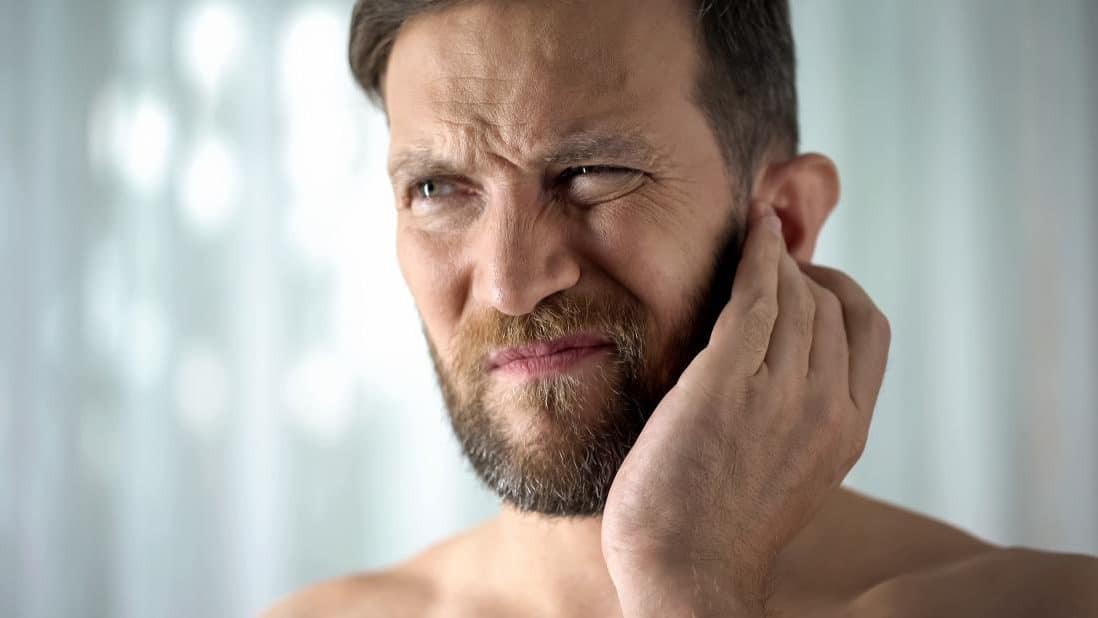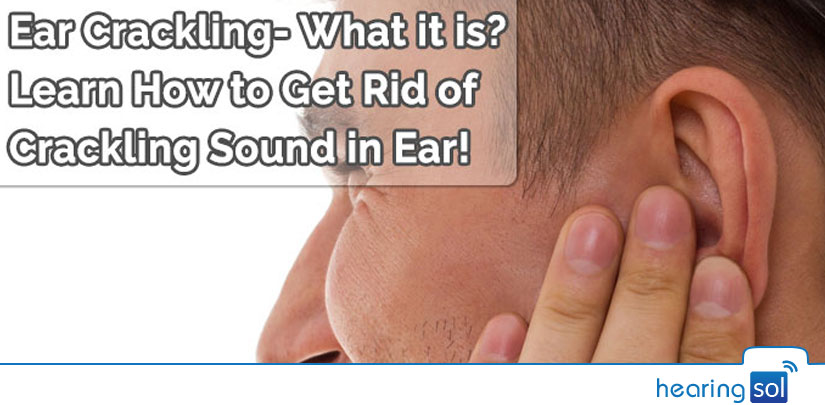Table of Content
Whooshing sound in ear is a frustrating condition. There’s no simple explanation for it and there’s no simple cure. But there are ways to improve your quality of life. Cognitive behavioral therapy and mindfulness meditation are promising treatment options. Drugs can't cure tinnitus, but in some cases they may help reduce the severity of symptoms or complications. To help relieve your symptoms, your doctor may prescribe medication to treat an underlying condition or to help treat the anxiety and depression that often accompany tinnitus.
It is thought to improve tinnitus symptoms by increasing the blood circulation in the inner ear and brain, as well as protecting against free radicals. However, it can be temporary or persistent, mild or severe, gradual or instant. The goal of treatment is to help you stop whooshing sound in ear. There are many treatments available that can help reduce the perceived intensity of the choosing sound, as well as its omnipresence. If your tinnitus is caused by noise-induced or age-related hearing loss, using hearing aids may help improve your symptoms.
How To Treat Whooshing Sound In Ear: 5 Crucial Tips That Help
Tinnitus is one of the most common conditions seen in veterans of the armed services. The loud noises of war and training often lead to noise-induced hearing loss. These blood flow changes can cause tinnitus or make tinnitus more noticeable. Ginkgo Biloba Gingko biloba is the most studied dietary supplement in tinnitus treatment.
Anything you eat, drink, or do, that upsets the fluid level in the body can upset the fluid level in the ear and cause tinnitus. Keeping a moderate intake of caffeine, salt and alcohol. And staying hydrated by drinking water will help reduce the impact of tinnitus. There will be a large number of factors that will influence how long your tinnitus will stick around, like the primary cause of your tinnitus and your overall hearing health.
Pulsatile Tinnitus From Av Malformations
Antidepressants are a little different in the way they may help tinnitus symptoms because they actually may play a role in reducing the problem, not just your perception of it. Tinnitus treatment often involves a combination of approaches. Your doctor may recommend medication as part of your treatment. Progressive tinnitus management is a therapeutic treatment program that the U.S.

The accumulation of fatty plaque inside the carotid arteries can create the kind of turbulent blood flow that resounds as pulsatile tinnitus. First, a doctor will ask questions about how you feel and want to know whether the sound is continuous. They will want to know whether it affects both or just one ear. A doctor will also assess Tinnituss impact on your life to understand the severe condition.
What is a good decongestant for ears?
They will begin an examination by asking you about your personal and family medical history, as well as your lifestyle and any medications you are taking. According to the American Tinnitus Association, most cases of tinnitus are caused by hearing loss. Occasionally though, tinnitus is caused by an irritation to the auditory system. Sometimes when there is no cure, treatment involves acceptance and finding a way to live with certain conditions.

If it bothers you, consider trying one of these home treatments to help relieve your discomfort. But if the water is still trapped after 2 to 3 days or if you show signs of infection, you should call your doctor. Tinnitus can incapacitate you from work, leading to disability.
There are many treatments available that can help reduce the perceived intensity of tinnitus, as well as its omnipresence. For methods usually done in silence, such as meditation, a quiet background noise may help mask tinnitus symptoms and improve your concentration. Fatigue often makes symptoms worse, turning a soft hum into a loud roar. Current treatments generally involve masking the sound or learning to ignore it. Their work was funded in part by NIHs National Institute on Deafness and Other Communication Disorders . Loy, Santillan and Austin can assess the underlying cause of your pulsatile tinnitus.
However, not all noises are created equal when it comes to sound-masking. A 2017 study found that broadband noises like white noise are usually more effective than nature sounds. If you have been living sedentarily for years, gradually increase the intensity of exercise as your fitness level improves. Cognitive behavioral therapy – This may be important for patients who are experiencing diminished quality of life because of the pulse in their ears. The “good” thing about this diagnosis is that there is a treatment. Pulsatile tinnitus, like most other variations of tinnitus, has been correlated with depression, anxiety, and other common mental health afflictions.
Some other tests may also be conducted to test for high blood pressure and some blood test to check for thyroid disease or anemia. If you think youre experiencing pulsatile tinnitus then get an appointment with your otolaryngologist as soon as possible. A review of your symptoms and your medical history will be the first step of your examination. Do you often experience a whooshing sound in your ear? This can be a very annoying and frustrating experience, but fortunately, there are several things you can do to help reduce or stop the whooshing sound. I also got another CT scan, which showed that the mass on my brain was not cancerous.
A very different vascular cause for a whooshing in ear sensation is an AV malformation. It will cause a sound on one side, the side of the malformation. Oftentimes, you have to tell the radiologist what you are looking for in advance. The good thing about this diagnosis is that there is a treatment. The finding gives hope for a future tinnitus cure in humans.
The sound of an air conditioner or fan may also help, particularly at bedtime. High blood pressure – High blood pressure can result in changes to your blood flow, which can result in symptoms of pulsatile tinnitus. Irregular blood vessels – This is a common cause of pulsatile tinnitus. Occasionally the whooping sound in ear is caused by an irritation to the auditory system. The whooping sound can sometimes be a symptom of a problem with the temporomandibular joint . If your sound is caused by TMJ, then a dental procedure or realignment of your bite may alleviate the problem.



No comments:
Post a Comment